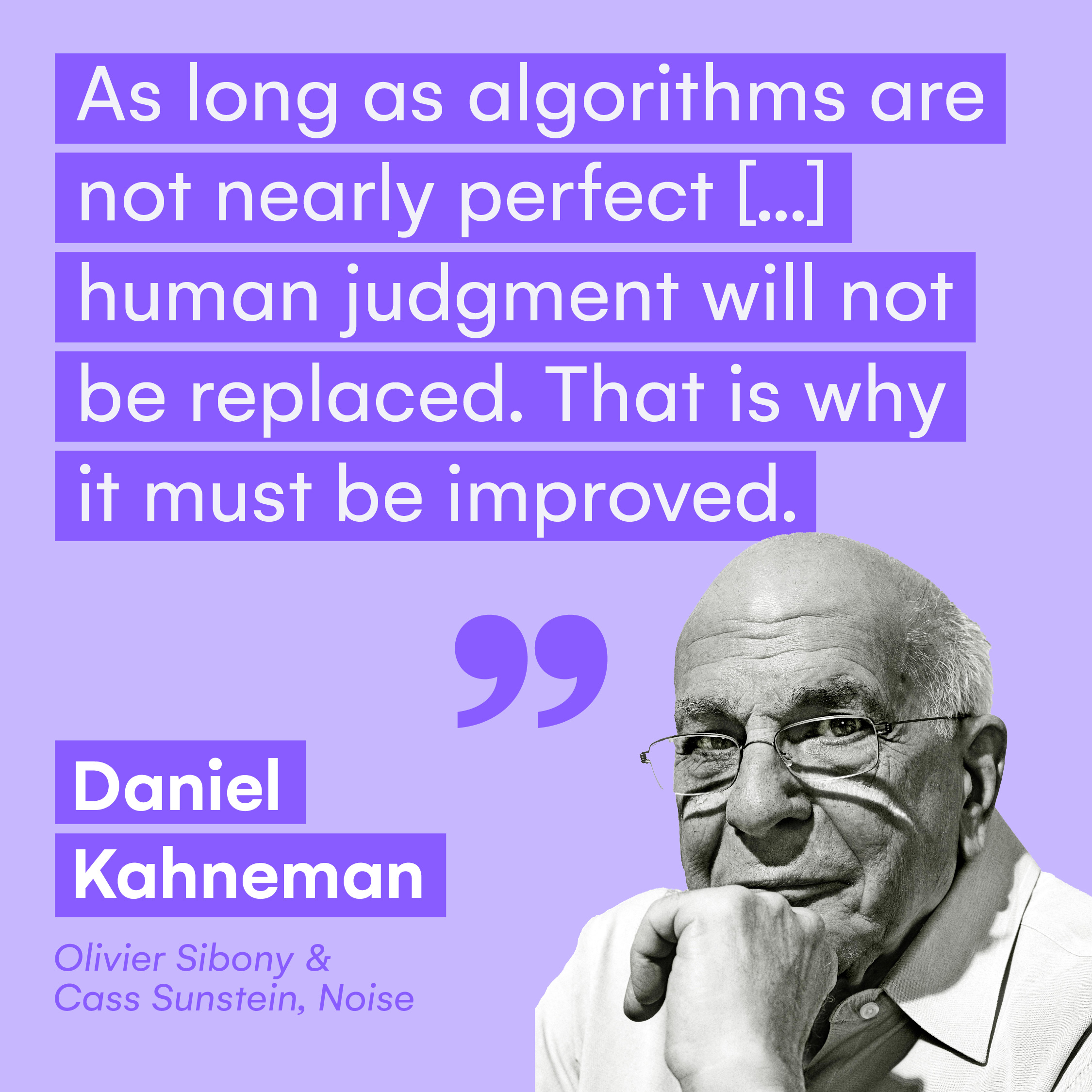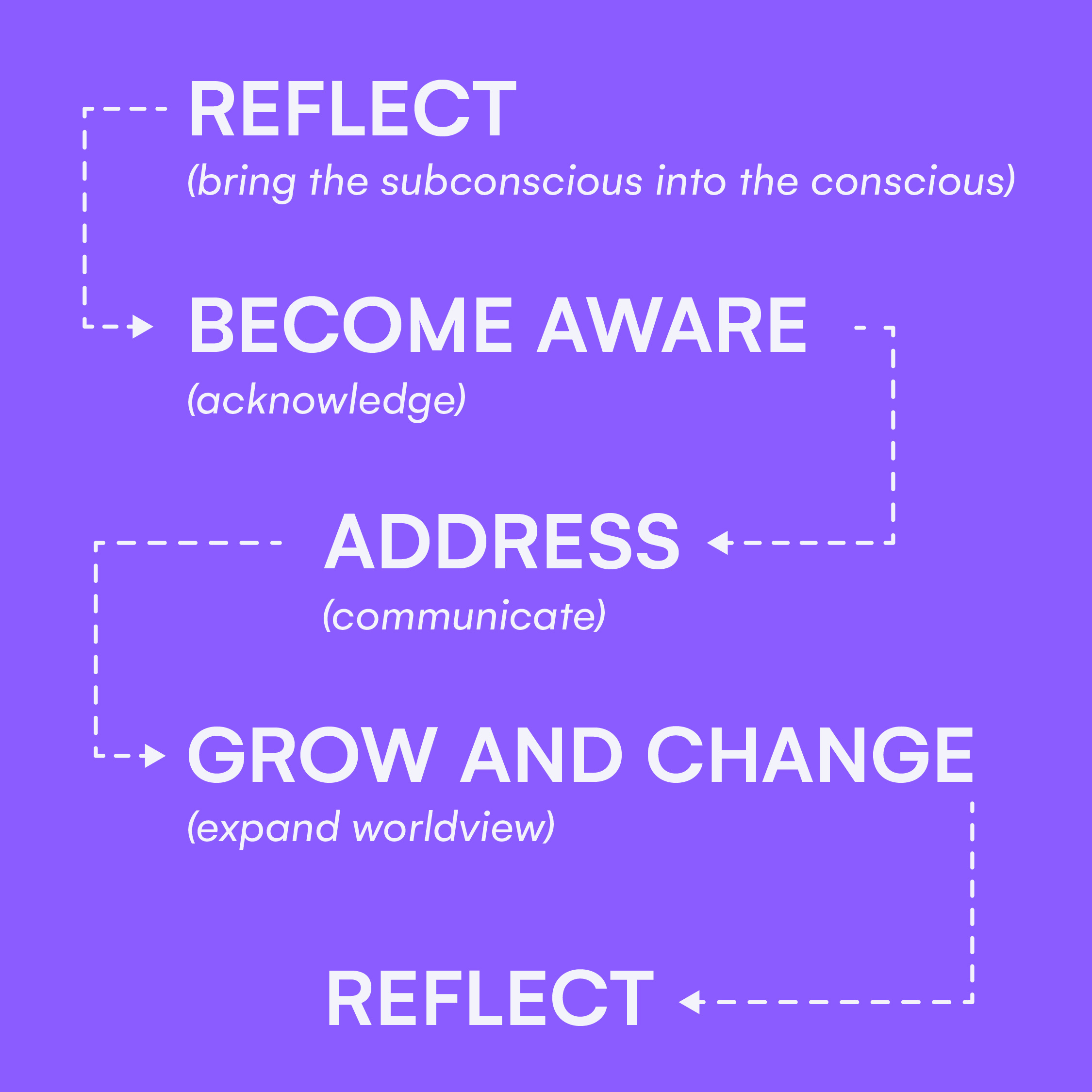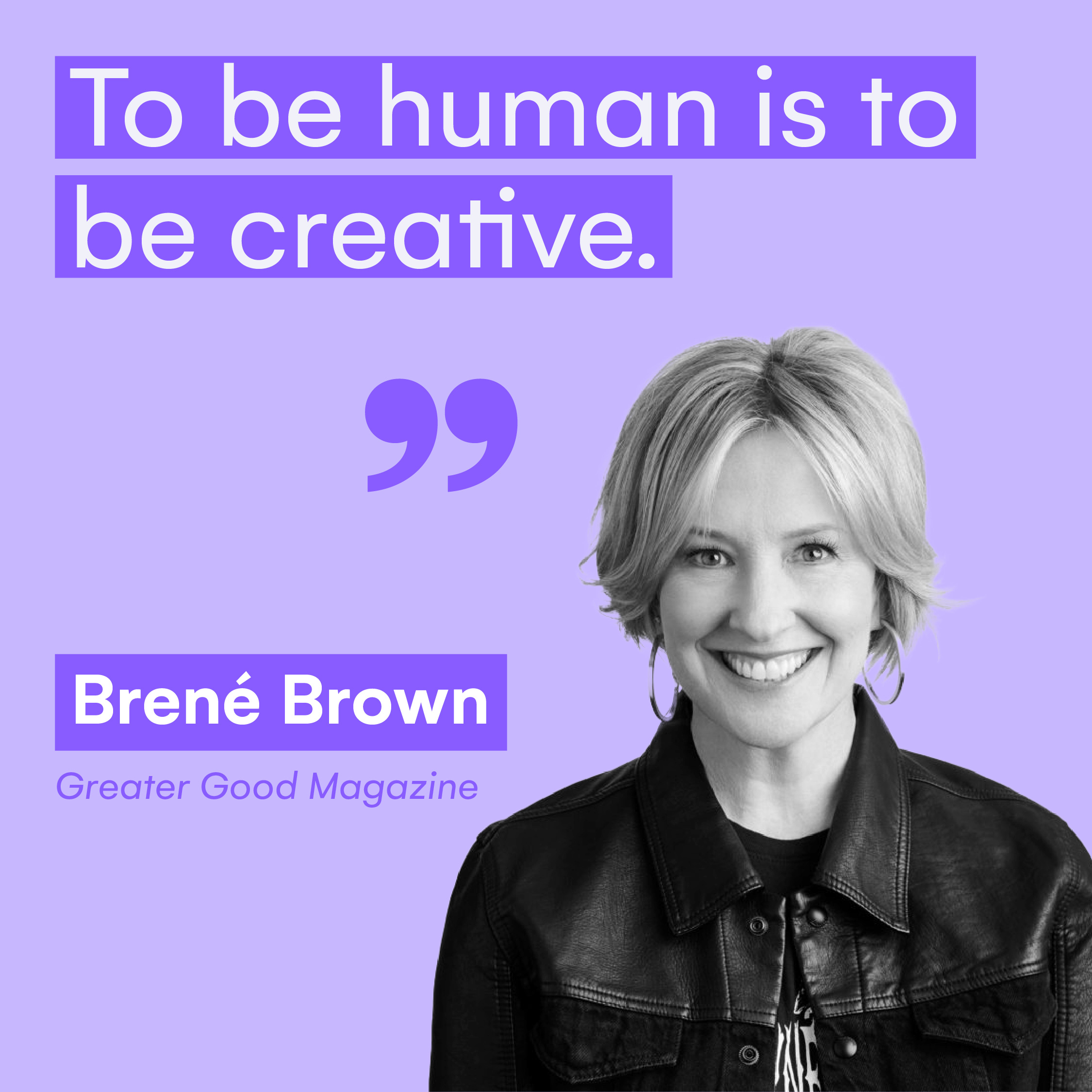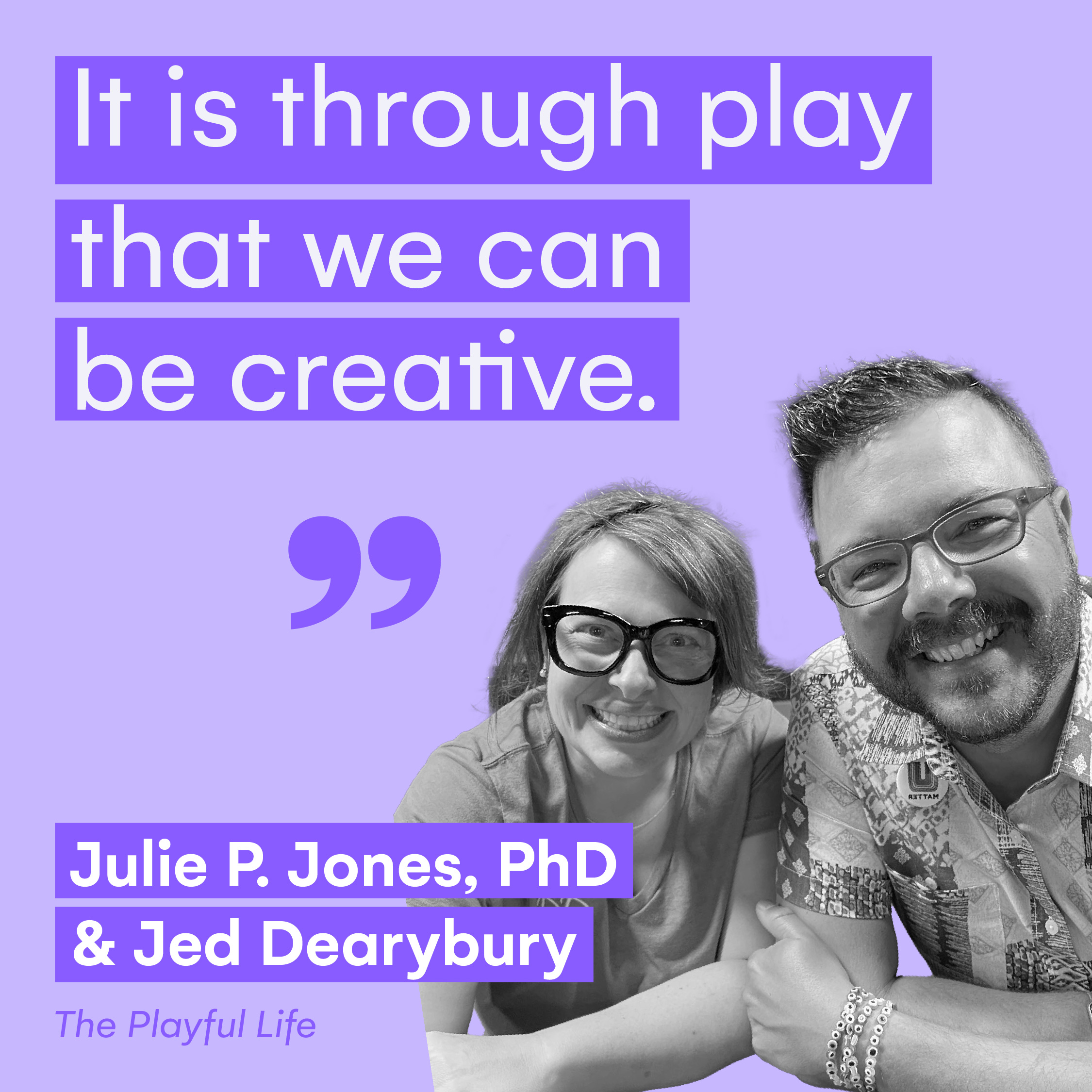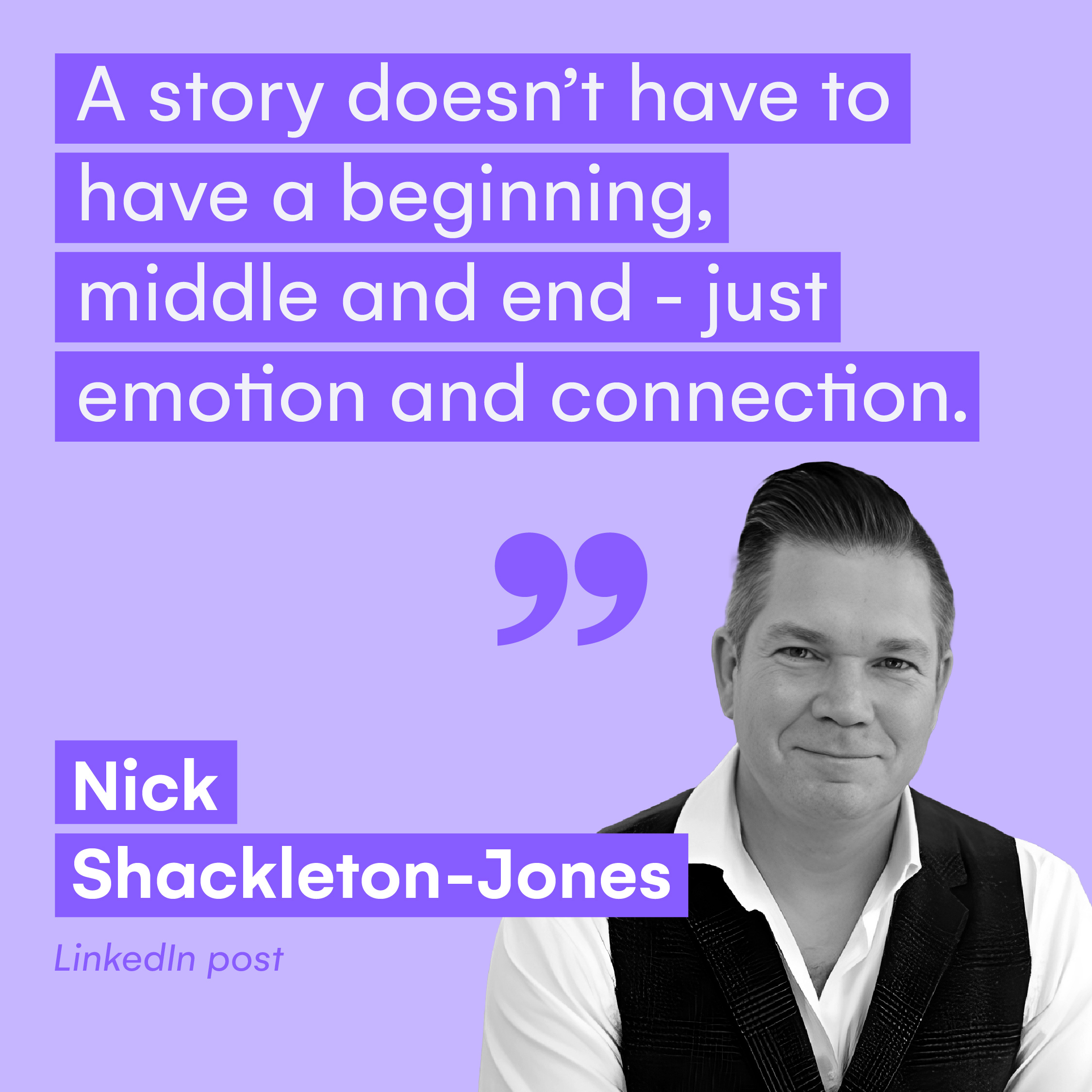As AI goes viral across industries and news channels, reactions have spanned bans, fear, distrust, curiosity, and some encouragement.
Whether you are with it, against it, or undecided about AI: this technology is poised to impact every industry and role in one way or another. But here is the plot twist: other than learning to leverage AI tools in our daily work, we can also focus on lifelong skills that will continue to be irreplaceable in the age of AI and beyond.
Do you already have them? Read on to find out what skills we are talking about and how you can easily train them.
Bias is the systematic, unfair, and oftentimes subconscious misconceptions and prejudices held by people against other groups of people. It goes without saying: biases can be highly damaging to individuals and organizations.
Spoiler alert: AI is not so good at recognizing bias, but humans are. And guess what. AI is not all to blame: what we feed into AI is what we get out, as it is a conglomeration of data input into digital spaces by humans.
So, we humans have the ability and responsibility to train our skills in recognizing and addressing bias to create a more safe and inclusive digital world with AI.
Cognitive biases help us survive by making decisions quickly, and they’re partially responsible for any judgments we make on impulse. But there are ways to train our brains to switch out of using shortcuts when slower, rational thinking is needed.
Here’s a framework that can be used to train skills in recognizing and addressing bias in our daily lives:
Can you identify the issue with this statement?
“AI can’t develop common sense because it’s impossible for AI to develop it.”
This is a logical fallacy known as circular reasoning, and there are many more arguments that use invalid reasoning out there. Logical fallacies are just one example of information fallacies we run into everyday.
In this context, critical thinking is our uniquely human ability to analyze information and form coherent and rational judgments. It is one of the key advanced cognitive skills that organizations are in search of, as it is becoming increasingly more clear that any hard skill could potentially be replaced by AI. Well, critical thinking can’t be, as it is a higher level thinking skill that goes beyond the AI capacity of using data to make predictions, and we need us humans to continue to train it.
Common sense is not so common (if you are an AI). But regarding us, humans, there are some things we can do.
Continue to strengthen our critical thinking by seeking out credible sources, doing thorough research, and asking questions. Lots of questions.
It may be helpful to expand beyond our typical social groups and sources and gather new perspectives and points of view.
For example - using the very intuitive “five whys” technique, we can zoom in on the root cause of a problem by asking more and more “whys” about it.
This is a great way to get more information and avoid a rather dead-end “yes” or “no” reply.
Creativity is often associated with artists, writers, and musicians, and for good reason. But creativity is also about finding new possibilities and alternatives when solving problems, and it is an essential skill in business, communication, coding, and more.
While many job descriptions call for creativity, people’s creativity actually declines with age. We are likely more creative in childhood than we will ever be as adults. But we need creativity to remain adaptable and agile in a quickly-moving world, and it’s a skill that AI is not designed to use.
“I’m not creative”: but if you’re not an AI, you can be. We humans are known to label ourselves as either creative or not, but the reality is more than that. Creativity is trainable, and like most things – if there’s a will, there is a way.
One way to train your creativity is with lateral thinking strategies: considering multiple, unexpected, and possibly overlooked ideas to come up with better solutions.
Creativity in everyday life is also trainable through an even simpler tool – play. Yes, you heard that right: even for adults. There is free play (doodling, brainstorming), deep play (so focused in an activity that you reach a state of flow), and other kinds of play for our unique play personalities that can nudge our brains to be spontaneous and open to new ideas.
Playing trains our minds to be flexible in the face of the unplanned and unpredictable, that is – giving rise to creativity.
We, humans, are largely driven by emotions, which are largely subconscious. Empathy is the ability we develop to understand the emotions of others and take someone else’s perspective. It has been cited as a top leadership skill, and – spoiler alert – it can be trained.
Can empathy be trained? Actually, yes. There are a number of ways: here are three of them.
- One way is through reading and telling stories. Stories are a way to connect our human experiences and take perspective: how did this other character resolve this issue? Did that go well? What would I have done in their place? Storytelling is also cited as the number one fastest-growing human skill of 2023.
- Another way is to use role play as a way to train our perspective-taking and improve problem-solving techniques.
- Finally, practicing asking questions and listening actively is another great way to train empathy. For example, before offering advice, try to first find out how the other person thinks, how they interpret information, and how they feel.
Continuing to share our uniquely human experiences and learning about others to expand our worldview and interact with others in a more curious and understanding way is sure something that AI will never replace.
